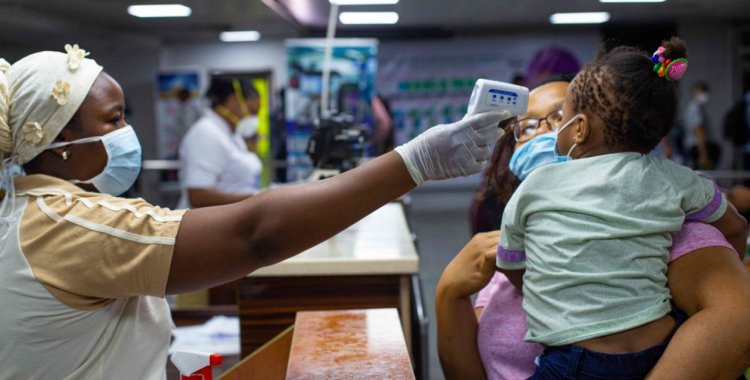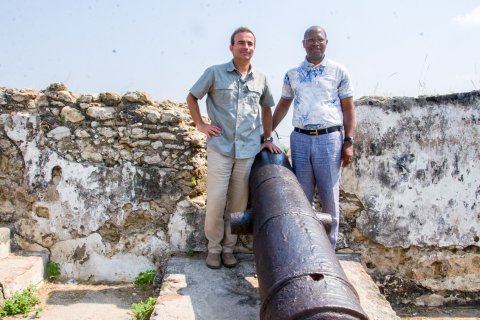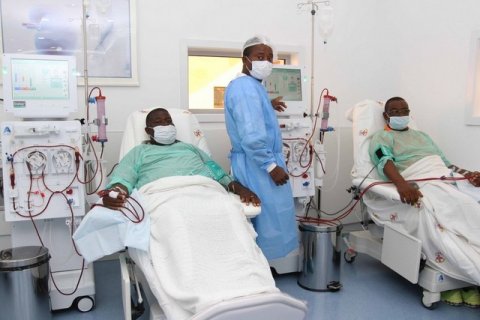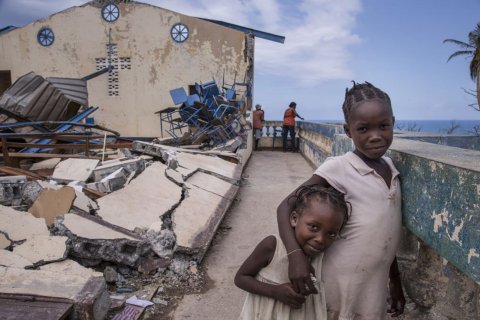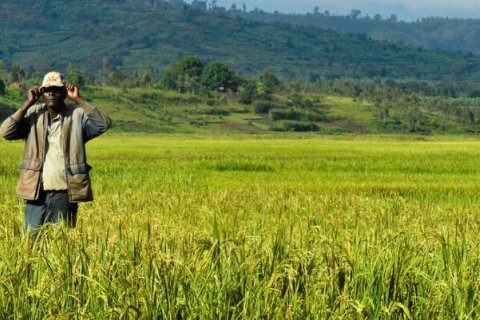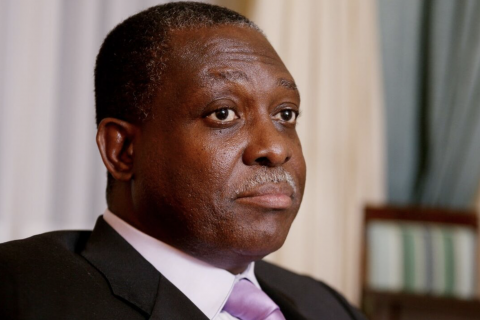According to the signatories, the covid-19 pandemic, caused by the new coronavirus, exposes the weaknesses ignored by the continent's middle and wealthy classes.
"The covid-19 pandemic could undermine the foundations of African states and administrations, whose profound failures have been ignored for too long by most of the continent's leaders," said the letter signed by a list of academic, political and economic personalities.
In the letter, the authors - including 1986 Nobel Laureate Wole Soyinka - stressed that factors such as "under-investment in public health and basic research, food insecurity, wasteful public finances, the prioritisation of road, energy and airport infrastructures over human well-being" are some of the factors now being aggravated by the pandemic.
Intellectuals have found that African governments have taken the model of brutal confinement to their populations, "often guided, when not respected, by police violence".
For the signatories, "this is not an opposition to economic and health security" in Africa, but rather "to insist on the need for African governments to take into account the chronic precarious conditions in which the majority of the population lives".
The personalities who signed the letter considered that the state of urgency in the various countries "cannot and must not be a mode of governance".
"We must take this moment of serious crisis as an opportunity to review public policies, in particular to ensure that they work in favour of the African people and in accordance with the continent's priorities", they argued.
Among the more than 80 signatories are the former Prime Minister of São Tomé and Príncipe, Maria das Neves de Sousa, the historian and former Minister of Culture of Angola, Rosa Cruz e Silva, as well as Lusophone academics and researchers Lourenço do Rosário, Bruno Sena Martins, Cláudio Alves Furtado, José Luís Cabaço, Narciso Matos, Inocência Mata, Iolanda Évora, Rita Chaves, Iva Cabral, Alain Kaly and Carlos Castel-Branco
The new coronavirus, responsible for the covid-19 pandemic, has already caused more than 120,000 deaths and infected more than 1.9 million people in 193 countries and territories.
Of the cases of infection, some 402,000 are considered cured.
After the outbreak in China in December, it spread around the world, leading the World Health Organisation (WHO) to declare a pandemic situation.
The number of deaths caused by covid-19 in Africa surpassed 800 on Tuesday with more than 15,000 cases recorded in 52 countries, according to the latest update of pandemic data on the continent.

